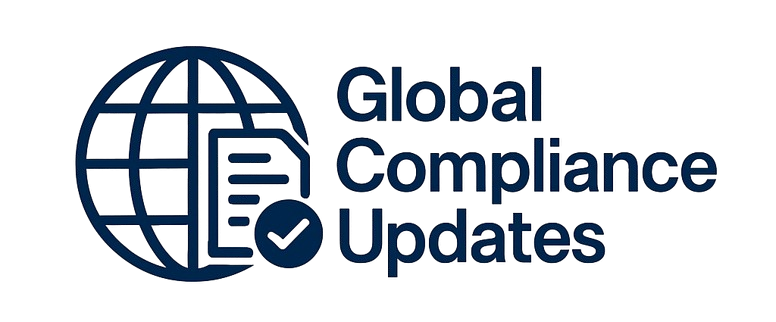Most organizations today are trying to get more work done at lower cost. One way to do that is to focus on individual productivity differences. According to research, some people are much more productive than other people. In fact, top performers may get as much as TWENTY TIMES the work results of average performers. How do they do that? The answer has to do with competencies. Competencies describe individuals who get results. This webinar will review competency modeling and describe what competencies are, how to identify them, and how to use them.
AREA COVERED
I. Defining competencies and describing how they are identified and used
- What are competencies?
- How are competencies better than job descriptions for pinpointing individual differences?
- How can the use of competencies lead to higher productivity and lower costs?
- How do competencies relate to talent?
- What are the best ways to identify competencies so as to find individual differences leading to productivity?
- How can competencies guide the entire HR system of an organization?
II. Summarizing best practices in competency modelling
- What are best practices?
- Why should your organization’s leaders care about best practices in competency modelling?
- What tool can help you compare your organization against global best practice in competency modelling?
III. Questions and answers
LEARNING OBJECTIVES
- Define competencies
- Describe how competencies are identified and used
- Summarize best practices in competency modeling efforts
- List ways to identify and manage competencies
- Make the business case to managers about the value of competency management as a strategy to increase productivity
WHO WILL BENEFIT?
- HR practitioners
- Trainers and training managers
- Operating managers
I. Defining competencies and describing how they are identified and used
- What are competencies?
- How are competencies better than job descriptions for pinpointing individual differences?
- How can the use of competencies lead to higher productivity and lower costs?
- How do competencies relate to talent?
- What are the best ways to identify competencies so as to find individual differences leading to productivity?
- How can competencies guide the entire HR system of an organization?
II. Summarizing best practices in competency modelling
- What are best practices?
- Why should your organization’s leaders care about best practices in competency modelling?
- What tool can help you compare your organization against global best practice in competency modelling?
III. Questions and answers
- Define competencies
- Describe how competencies are identified and used
- Summarize best practices in competency modeling efforts
- List ways to identify and manage competencies
- Make the business case to managers about the value of competency management as a strategy to increase productivity
- HR practitioners
- Trainers and training managers
- Operating managers
Speaker Profile
 William J. Rothwell
William J. Rothwell
William J. Rothwell, PhD, DBA, SPHR, SHRM-SCP, CPTD Fellow, RODC, FLMI is a Distinguished Professor in theWorkforce Education and Development program in the Department of Learning and Performance Systems at thePennsylvania State University, University Park campus.Work ExperienceDr. Rothwell worked full-time in human resources, training and Organization Development in both government (Illinois Office of Auditor General) and in a multinational company (American Brands, #48 on the Fortune 500 list) from 1979 until he joined Penn State University as a professor to head up a graduate program in Human Resource Development/Organization Development He has been a consultant for …
Upcoming Webinars


Effective Communication: Ensuring Clarity, Accountability a…

2-Hour Virtual Seminar on Workplace Investigations 101: How…

Employers Should Prepare for Immigration Raids in 2026! Thi…

AI for Excel Professionals: Enhancing Productivity with Cha…

The Importance of the first 5 seconds when presenting

Negotiating Skills For Professional Results - Winning Strat…

Workplace Behavior in 2026: Tackling Conflicts and Incivili…

FDA Recommendations for Artificial Intelligence/Machine Lea…

Validation Statistics for Non-Statisticians

Bootcamp for New Managers and Supervisors: Develop These Es…


Interactive dashboards & analytics in Excel


Enhancing Project Management with Storytelling Techniques

4-Hour Workshop on Data Simplified: Sorting and Filtering, …

Creating Your 2026 Marketing Strategy

The Language of Leadership: Is Your Communication Style As …

ChatGPT for Innovative Business Advisory Services for Accou…


Utilizing A Proven Process When Conducting Sensitive, Inter…

How to Write Procedures to Avoid Human Errors

Human Factors Usability Studies Following ISO 62366 and FDA…

Why EBITDA Doesn't Spell Cash Flow and What Does?

Mastering DAX Patterns in the Era of AI & Copilot

Establishing Appropriate Quality Metrics and Key Performanc…


IRS Form 1099 Reporting: Compliance Requirements

FDA QMSR Explained: How the QMSR Replaces the QSR

How to Manage the Legal Landmine of the FMLA, ADA and Worke…

Understanding EBITDA – Definition, Formula & Calculation

Tattoos, hijabs, piercings, and pink hair: The challenges …

FDA Compliance And Laboratory Computer System Validation

Medical Device Hazard analysis following ISO 14971




Excel Spreadsheets; Develop and Validate for 21 CFR Part 11…

Excel + AI: The Smart User's Guide to Faster, Easier Work w…
